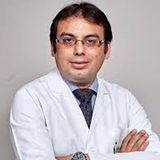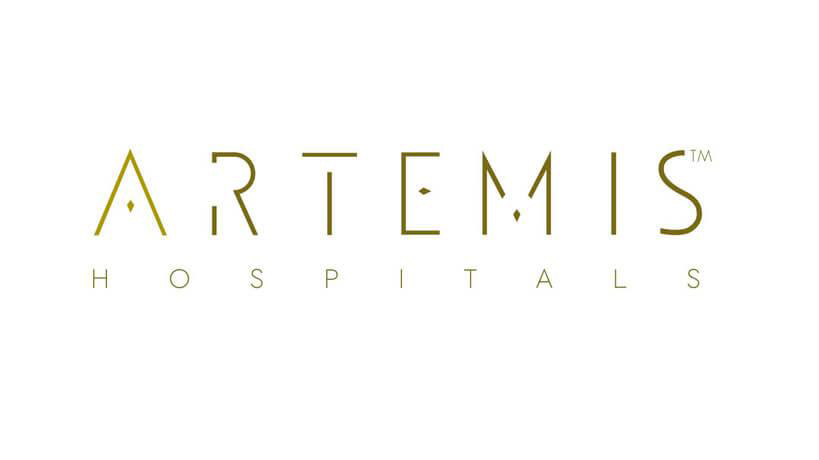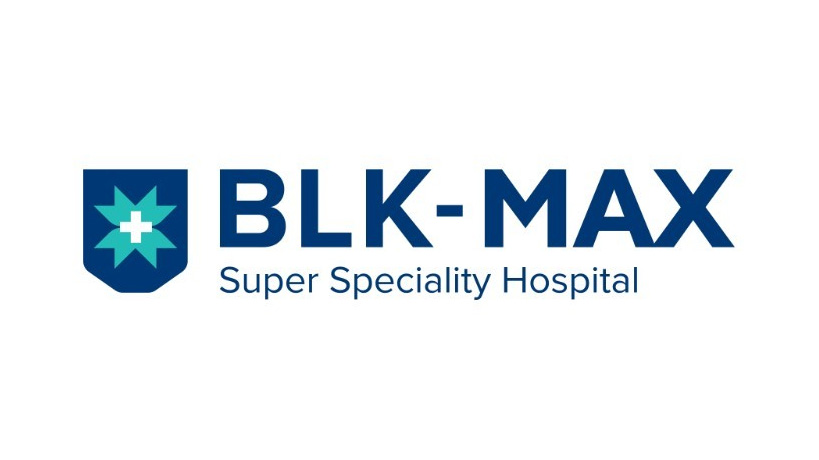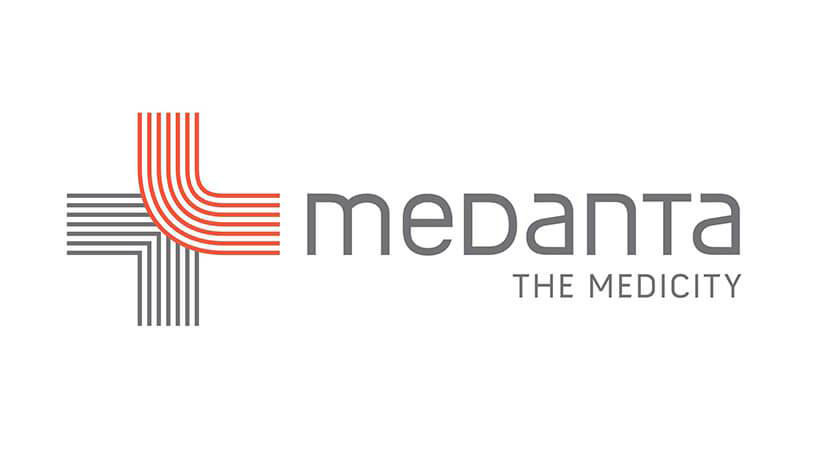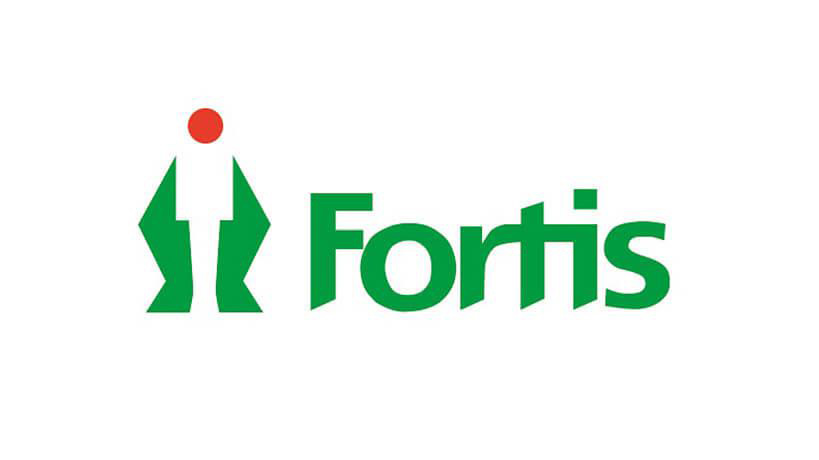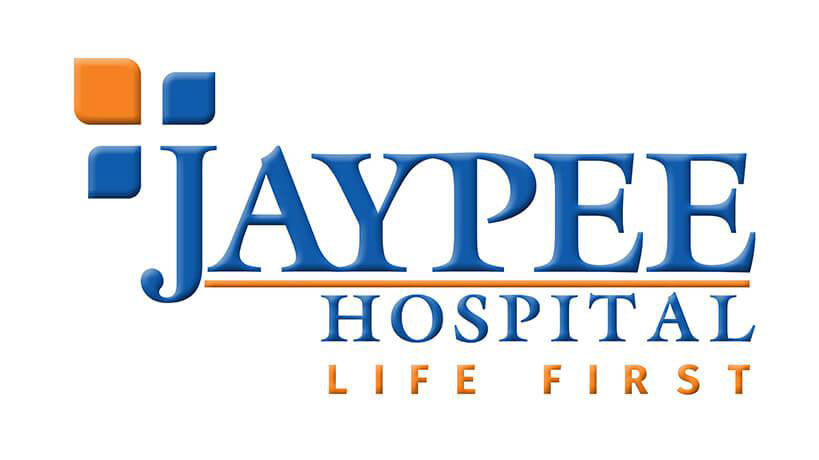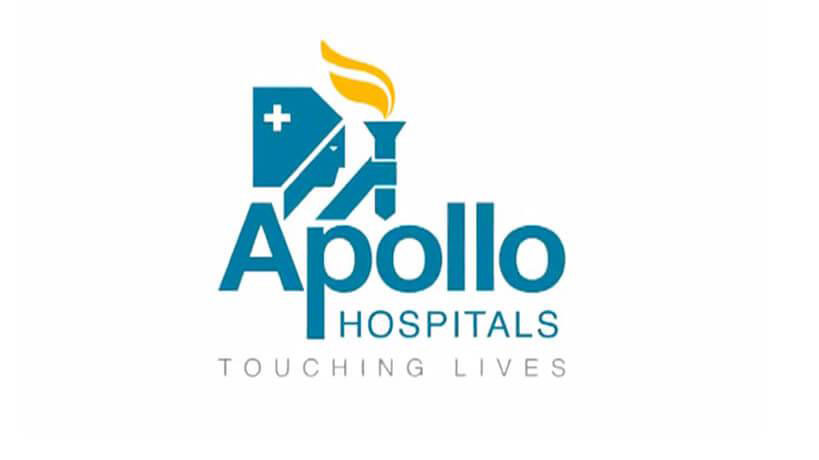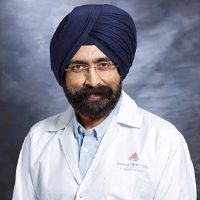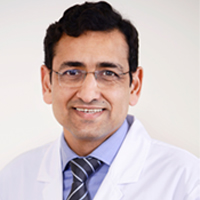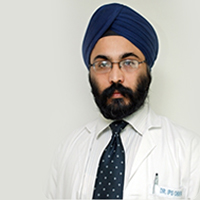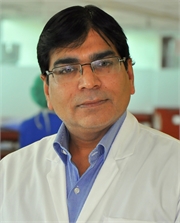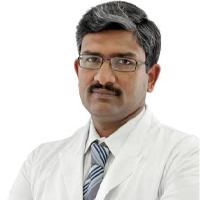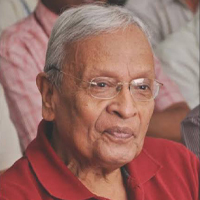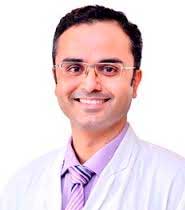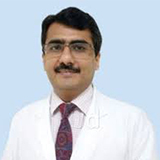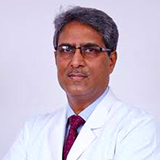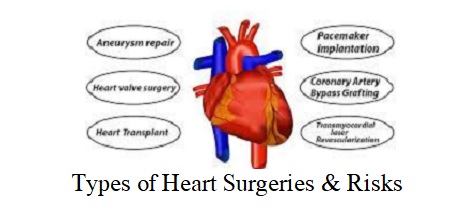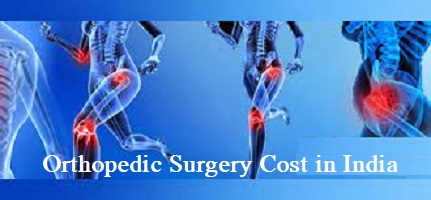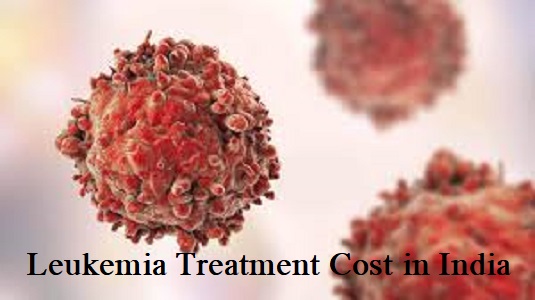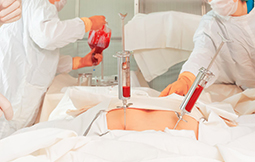
Bone Marrow Transplant is a surgical procedure for patients suffering from blood disorders such as sickle cell anemia and blood cancer, like lymphoma or leukemia. During the treatment, the unhealthy blood-forming cells (or blood stem cells) are replaced with healthy cells. Blood stem cells, found in soft tissues present inside the bones, are the immature cells that mature and form red blood cells, platelets and white blood cells. Once these cells are matured, they leave the bone marrow and enter the bloodstream. The bone marrow transplant is carried out by Hemato-Oncologists and Haematologists.
Free Consultation: For Consultation, Send Us Your Medical Reports By WhatsApp at +91-9643 443 814Get Free Treatment Plan From Top Hospital
Attach Medical Report
Bone Marrow Transplant (Stem Cell Transplant) – Cost, Procedure, Benefits, & Side Effects for Cancer
A bone marrow transplant, also known as a stem cell transplant, is a surgical procedure that uses healthy stem cells to replace damaged or defective bone marrow. Bone marrow is important for the production of blood cells such as red blood cells, white blood cells, and platelets. These stem cells might be obtained from your own body (autologous transplant) or from another person (allogeneic transplant).
Bone marrow transplant is commonly used to treat a number of diseases, including leukemia, lymphoma, and myeloma, as well as other blood and immune system disorders. In recent years, bone marrow transplants in India have witnessed major development, with roughly 2,500 bone marrow transplants performed each year.
The growth in bone marrow transplants in India is due to developments in medical technology and the availability of skilled doctors. Some of the best bone marrow transplant hospitals in India have the latest technology along with a team of experienced doctors dedicated to providing exceptional treatment to patients in need of bone marrow transplants.
Need for Bone Marrow Transplant
The production of important blood cells such as red blood cells, white blood cells, and platelets, which play vital functions in oxygen transport, immune defense, and blood clotting, depends on bone marrow. A bone marrow transplant is necessary when one’s bone marrow is unable to function properly. This can be caused by a number of factors, including diseases such as leukemia, lymphoma, and aplastic anemia, as well as the negative effects of cancer chemotherapy or radiation treatment. When other treatments have failed, bone marrow transplants may be performed, particularly for cases of cancer, blood disorders, and autoimmune diseases.
Conditions that benefit from Bone Marrow Transplant
Cancerous Diseases:
- Acute leukemia
- Chronic leukemia
- Myelodysplastic syndromes
- Hodgkin’s lymphoma
- Non-Hodgkin’s lymphoma
- Multiple myeloma
- Neuroblastoma
Non-Cancerous Diseases:
- Aplastic anemia
- Sickle cell anemia
- Thalassemia
- Immune deficiencies
- Hemoglobinopathies
- Plasma cell disorders
- POEMS syndrome
- Primary amyloidosis
Other Conditions:
- Waldenstrom macroglobulinemia
- Myelofibrosis
- Myeloproliferative disorders
- Germ cell tumors
- Sarcoma
- Some autoimmune diseases such as lupus
- Relapsing-remitting multiple sclerosis
- Testicular germ cell tumors (recurrent)
Types of Bone Marrow Transplant
- Autologous Transplant: This type of transplant uses the patient’s own stem cells. Stem cells are taken from the patient and stored before high-dose chemotherapy or radiation treatment. After the completion of the intensive therapy, the preserved stem cells are put back into the patient’s body. This procedure attempts to restore the immune system and promote the production of healthy blood cells.
- Allogeneic Transplant: Allogeneic transplants use stem cells from a different person, known as the donor. A perfect genetic match between the donor and the patient is essential for the success of a bone marrow transplant. In the majority of cases, a sibling match is an ideal donor, but if one is not available, parents, children, or even unrelated individuals from donor registries can be good matches. Allogeneic transplants include several subtypes:
- Complete Matched Sibling Donor BMT
- Haplo-identical BMT ( Half match )
- Unrelated Donor BMT (MUD)
- Umbilical Cord Blood Transplant: This method includes the extraction of stem cells from a newborn baby’s umbilical cord immediately after birth. These collected stem cells are then stored for future use. Because of the immaturity of umbilical cord blood cells, an exact match is less important. However, because of the decreased amount of stem cells, recovery from this type of transplant may take longer.
Risks associated with Autologous Bone Marrow Transplant
An autologous bone marrow transplant, also known as an AUTO transplant has certain risks and side effects. These risks can vary depending on a person’s overall health, and the type of chemotherapy and radiation used. The following are some of the most common risks linked with autologous bone marrow transplants:
- Infection
- Nausea and vomiting
- Mouth sores
- Appetite loss and taste changes
- Fatigue
- Hair loss
- Low platelet levels (increasing bleeding risk)
- Low red blood cell counts
- Weight loss
Long-Term Side Effects:
- Infertility
- Cataracts (cloudy vision)
- Sexual health problems
- Early menopause
- Thyroid problems
- Lung damage
- Bone damage
- Development of another type of cancer
Risks associated with Allogenic Bone Marrow Transplant
Allogenic bone marrow transplantation (BMT) is a complex medical procedure used to treat a number of hematological and immune system diseases. While it has the potential to save lives, there are numerous risks involved with the procedure.
- Graft-versus-Host Disease (GVHD): This is a fatal complication in which the donor’s immune cells attack the recipient’s healthy tissues. GVHD can cause symptoms such as rashes, diarrhea, and jaundice by affecting the skin, liver, and gastrointestinal tract.
- Graft Failure: Sometimes the donor bone marrow does not successfully engraft, which means it fails to produce enough blood cells to supply blood to the recipient’s body. This may necessitate a second transplant or other procedures.
- Infection
- Bleeding
- Organ Damage
- Pulmonary Complications
- Infertility
- Secondary Cancers
- Long-Term Complications: Patients may develop long-term side effects such as chronic GVHD, hormone abnormalities, and cognitive difficulties, which can have a major impact on their quality of life.
Preparations before a Bone Marrow Transplant
- Medical Evaluation: When deciding if a bone marrow transplant is right for you, your doctor will examine your overall health, including your heart, lungs, liver, and other organs.
- Central Venous Catheter: A central venous catheter is inserted into a vein in your chest a few days before the transplant. This tube is used to collect blood samples and provide medication during and after treatment.
- Cell Collection: The method of collecting cells depends on the type of transplant:
- For Autologous Transplants: Stem cells are extracted from your hip bone with a needle. This process takes about 1-2 hours and can make you sore for a few days.
- For Allogenic Transplants: Stem cells are obtained from a matched donor, who could be a family member or a stranger who shares the same cell proteins. Donors go through a similar procedure, and in some situations, umbilical cord blood cells might be used to treat infants.
- Pre-Treatment: Before the transplant, you may be given chemotherapy or radiation to remove cancer or dangerous bone marrow cells.
- Ablative (myeloablative) treatment consists of administering high-dose chemotherapy, radiation therapy, or a combination of both of them to kill cancer cells.
- Reduced-intensity treatment, often known as a mini transplant, uses lesser dosages of chemotherapy and radiation as a precursor to the transplant procedure. This technique is particularly beneficial for older people or those with prior health concerns.
Collection of Stem Cells for Bone Marrow Transplant
- Peripheral Blood Stem Cells (PBSCs): They are collected using a specialized machine that is attached to the donor’s arms through needles. Blood is collected from one arm and with the use of a machine, crucial stem cells are separated. Donors are sometimes given medications that help them in getting more stem cells into their bloodstream.
- Bone Marrow Harvest: This procedure is performed when the donor is asleep and doesn’t feel any pain. The stem cells are extracted from the soft center of bones, commonly the hip or sternum. This procedure is used more rarely nowadays, mostly in certain situations.
Selection of a suitable Donor for Bone Marrow Transplant
Choosing a suitable donor for a BMT is an essential step in ensuring the procedure’s success. Human leukocyte antigen (HLA) tissue type plays a vital role in this process. The HLA antigens on the surface of white blood cells determine a person’s immune system genetics, and while there are many HLA antigens, only a few of them are important to evaluate compatibility.
Doctors search for a genetic match to find a potential donor, usually starting with the patient’s immediate family, such as siblings, who have a 1 in 4 chance of being a full match due to shared chromosomes. On the other hand, unrelated donors can be found through national bone marrow registries. The greater the antigen matches between the donor and recipient, the higher the probability of successful engraftment.
During a Bone Marrow Transplant
The first step in a bone marrow transplant is conditioning, which typically comprises 10 days of high-dose chemotherapy along with radiation therapy. This procedure makes room in the bone marrow for new stem cells while temporarily weakening the immune system to prevent it from fighting newly introduced cells. Nausea, vomiting, hair loss, and other symptoms are possible, but medications can help manage them.
After the conditioning phase, the patient receives new blood stem cells through the central venous catheter. This procedure can take several hours. During this important period, providers actively watch for any side effects like fever or chills. Whether donated or one’s own stem cells are used, the procedure’s goal is to achieve successful engraftment, in which the new cells start growing in the bone marrow.
After a Bone Marrow Transplant
Recovery time after a BMT may range from several months to a year. Engraftment, the step at which newly transplanted stem cells begin creating new, healthy blood cells, usually occurs between 10 and 28 days after transplantation. Patients may experience nausea, vomiting, and diarrhea in the days following the transplant, which can be treated with medicines and fluid replacement. Pre-treatment chemotherapy decreases the immune system, needing isolation in a cleaner environment with limited contact to prevent infections.
Immunosuppressive medicine is used to reduce the possibility of the body rejecting donor cells. Transfusions of red blood cells and platelets may also be required. The path to full recovery is unique to each patient and is impacted by a variety of factors such as the underlying illness, chemotherapy, donor match, and the site of the transplant.
Success Rate of Bone Marrow Transplant in India
Bone marrow transplant success rate in India ranges from 60% to 85%. Patients receiving allogeneic transplants for non-malignant diseases achieve success rates of 70% to 90% with a related match and 36% to 65% with an unrelated donor. This combination of low costs and high success rates makes India a great choice for patients seeking bone marrow transplant.
Bone Marrow Transplant Cost in India
The cost of a bone marrow transplant in India varies according to the hospital’s type and location, the doctor’s experience, the patient’s condition, and the need for additional care. The amount of time of hospitalization and post-operative care can also have an impact on the entire cost of a bone marrow transplant in India.
Autologous Bone Marrow Transplant: $12,000 to $24,000
Allogenic Bone Marrow Transplant: $24,000 to $37,500
Best Hospitals for Bone Marrow Transplant in India
The best bone marrow transplant hospitals in India provide excellent medical care, the latest technology, and complete services to patients undergoing this essential treatment. Patients can expect a successful treatment, from pre-transplant evaluations through post-transplant recovery, making these hospitals among the top options for bone marrow transplantation in India.
- Fortis Memorial Research Institute, Gurgaon
- Sanar International Hospital, Gurgaon
- Medanta – The Medicity, Gurgaon
- Indraprastha Apollo Hospital, Delhi
- Max Super Speciality Hospital, Delhi
- Artemis Hospital, Gurgaon
- BLK Super Speciality Hospital, Delhi
- BGS Gleneagles Hospital, Bangalore
- Marengo Asia Hospital, Gurgaon
- Kokilaben Dhirubhai Ambani Hospital, Mumbai
- Gleneagles Global Health City, Chennai
Best Doctors for Bone Marrow Transplant in India
The best bone marrow transplant doctors in India are known for their skills and years of expertise in this specialized field of medicine. These top BMT doctors in India have a track record of successful transplants and continue to give the best treatment to patients with hematological diseases.
- Dharma Chaudhary- Sanar International Hospital, Gurgaon
- Gaurav Kharya – Indraprastha Apollo Hospitals, Gurgaon
- Satya Prakash Yadav – Medanta – The Medicity, Gurgaon
- Pravas Chandra Mishra – Max Super Speciality Hospital
- Rahul Bhargava – Fortis Memorial Research Institute, Gurgaon
- Dr Pawan Kumar singh – BLK max hospital, Delhi.
- Dr Lalit Kumar – Artemis Hospital, Gurugram.
- Dr Dinesh Bhurani – BLK max hospital, New Delhi.
- Rahul Naithani – Paras Hospital , Gurugram
Symptoms
- Severe aplastic anemia.
- Some solid-tumor cancers
- Multiple myeloma.
- Immune deficiency disorders
Bone Marrow Transplant in India - Pre-Procedure

The initial preparations are made as per the type of BMT – Bone Marrow Transplant and your health condition. Here is the general idea about the procedure of bone marrow transplant.
- First of all, an initial high dose of chemotherapy or radiation is used to treat the malignancy and make space for the growth of new healthy cells. This process is done to establish new blood cells in the body.
- Once the chemotherapy is completed, the bone marrow transplant takes place from the central venous catheter into the bloodstream. Once the healthy blood cell enters the bone marrow, they start to reproduce and grow, forming new healthy cells.
When the transplant gets completed, proper care is given to the patient. This is done to ensure that there are no complications or side effects accompanying the treatment plan. The bone marrow transplant specialist will closely monitor the health condition.
Bone Marrow Transplant in India - During Procedure

During the bone marrow infusion, the patient might get a few signs and symptoms including pain, chills, fever, chest pain and hives. The after care and recovery period follows the transplant for several months until the patient gets back to his routine life.

Top Bone Marrow Transplant (BMT) Doctors & Surgeons in India

Best Bone Marrow Transplant (BMT) Hospitals in India
Book An Appointment for Bone Marrow Transplant in India

Get Free Treatment Plan From Top Hospital
Attach Medical Report

Cost of Bone Marrow Transplant (BMT) in India
Basically, there are two types of bone marrow transplants performed in India and these include allogeneic and autologous bone marrow transplant. The two differ as per who is going to donate the stem cells or bone marrow. Let’s discuss both of them in brief.
Allogeneic Bone Marrow Transplant – In this type of bone marrow transplant, the donor (a person who donates the bone marrow) and recipient (a person who receives it) are two different individuals. It is further divided into different types including:
- Match related in which the donor (for instance, a sibling) is HLA matched relative
- Match unrelated in which the donor is unrelated to the patient and is found with the help of national or international registries
- Partially matched in which donor is the member of recipient’s family but the transplant is considered to be half match bone marrow transplant or haplo bone marrow transplant
The initial allogeneic bone marrow transplant cost in India is nearly USD 13,000.
Autologous Bone Marrow Transplant – In this case, the donor and recipient is the same individual. The BMT is done with the help of a patient’s own healthy bone marrow cells or stem cells. Due to the least risk involved in this type, many patients prefer autologous bone marrow transplant as compared to other types. The starting autologous bone marrow transplant cost in India is around USD 10,400.
Need Help? Get in Touch With Al-Afiya Medi Tour!
If you’re looking for a bone marrow transplant, the team of Al-Afiya Medi Tour can guide you from start to finish. Our ultimate goal is to help patients get the top-notch medical help. This is why we strive hard to help you find the best hospitals and best doctors in India. Our expert doctor team offers round the clock service, so feel free to get in touch and schedule a free consultation session. We’d love to help you with all the medical assistance you need at competitive rates.

Success Rate of Bone Marrow Transplant (BMT) in India
Contact Form
Attach Medical Report
FAQs (FAQs (Frequently Asked Questions))

What is Bone Marrow Transplant?
The bone marrow transplant is a process of transplanting blood stem cells inside the bone marrow. The new blood stem cells help replace destroyed or damaged bone marrow.
What is a Robotic Bone Marrow Transplant?
The bone marrow transplant process is done with a computer-controlled robotic arm to perform transplanting procedures for better precision. The surgeon made a tiny incision and used an assisted robotic arm to transplant bone marrow with minimal effort.
What are the types of Bone Marrow Transplant?
There are three types of bone marrow transplants. The treatment procedure will be given based on the donor and receptor.
Autologous Bone Marrow Transplant –The donor is the patient in this case itself. Stem cells will be taken from the patient’s bone marrow and transplanted after treatment.
- Allogeneic Bone Marrow Treatment
The donor must share a similar genotype with the patient. Stem cells will be taken by apheresis or harvested from genetically matched donors. The donor will be a candidate from a family, such as a brother, sister or any other.
- Umbilical Cord Blood Transplant
Stem cells are harvested from the umbilical cord after the infant’s delivery. The stem cells then proliferate into mature cells and are transplanted into the receptor.
How much time will it take for a Bone Marrow Transplant in India?
Bone marrow transplant procedure generally takes a few weeks to be completed. After the transplantation, a patient must visit the hospital for three months for follow-up sessions.
Who can get a Bone Marrow Transplant in India?
A patient may need to proceed with a bone marrow transplant in India if they are suffering from below listed health complications such as:
- Aplastic anemia
- Lymphoma or leukemia
- Genetic disorders such as sickle cell disease
- Immune deficiency
What are the precautions after Bone Marrow Transplant in India?
A patient must follow a neutropenic diet after the bone marrow transplantation. This diet has been provided to the patient because they are immunosuppressed for 100 days after the bone marrow transplant.
What is the Bone Marrow Transplant success rate in India?
India’s bone marrow transplant success rate is around 60-90%. However, the success may depend on the patient’s condition.
What is the Bone Marrow Transplant cost in India?
India’s bone marrow transplant cost is around $300 to $420. India’s bone marrow surgery cost ranges from $18000 to $45000. However, the cost of treatment may vary according to the hospital and treatment facility.
What is robotic surgery cost in India?
India’s bone marrow surgery cost ranges from 15 00,000 to 40 00,000. The actual treatment cost may vary according to the BMT procedure recommended by a doctor.
What are the top 10 best Bone Marrow Transplant hospitals in India?
The top 10 best bone marrow transplant hospitals in India are:
- Fortis Hospital, Gurgram
- Max Super Specialty Hospital, Delhi
- Indraprastha Apollo Hospital, Delhi
- Medanta, The Medicity Hospital, Gurgram
- Global Hospital, Chennai
- Kokilaben Dhirubhai Ambani Hospital, Mumbai
- Fortis Malar Hospital, Chennai
- KIMS Hospital, Hyderabad
- BLK Super Specialty Hospital, Delhi
- Gleneagles Global Hospitals, Chennai
What are the top 10 best Bone Marrow Transplant surgeons in India?
The top 10 best bone marrow transplant surgeons in India are:
- Gaurav Kharya (Pediatric Haemato-Oncologist)
- Nivedita Dhingra (Hemato-Oncologist)
- Pravas Chandra Mishra (Hematologist)
- Dr Rahul Naithani (Director – Cancer Care / Oncology, Bone Marrow Transplant)
- Rahul Bhargava (Hematologist | Director Of Hematology, Pediatric Hematology)
- Ruquaya Ahmad Mir (Hematologist)
- Ramesh Sarin (Hematologist)
- Nandini C. Hazarika (Medical Oncologist, BMT Specialist)
- Rakesh Chopra (Hematological Oncology)
- Aniruddha Dayama (Hematologist)
How can I apply or get or book an appointment for Bone Marrow Transplant in India?
If you are looking for the best bone marrow transplant hospital in India, we can help you. Visit our official website at alafiyameditour.com. To book a bone marrow transplant appointment in India, complete the inquiry form and mention all your details. Based on the input, we provide the best hospitals and healthcare experts for bone marrow transplant procedures.
- Is it painful to donate bone marrow during the BMT?
In short, no. This is because doctors provide medicine to the donor so that the bone marrow enters the bloodstream. Then, the blood (approximately one unit) is retrieved from the donor after which doctors take out the bone marrow from the blood.
- How long will it take to complete the allogeneic bone marrow transplant?
Generally, 1-2 hours are enough to complete the allogeneic bone marrow transplant. However, the patient will experience weakness and soreness for a few days following the transplant.
- What is the recovery period of BMT?
The recipient can return to his normal life routine within 4-6 weeks of bone marrow transplant.
- Is BMT – Bone Marrow Transplant a successful procedure?
The bone marrow transplant has a success rate of around 90%. However, a doctor can analyse your health condition and determine if the process is suitable for your needs.
Top Doctors & Surgeons in India
Why Choose Us

Personalized Care
24x7 Supports
Top NABH and JCI accredited Hospitals
Free Cost Estimation & Medical Opinion from Specialist
Get Free Tele/Video Consultation
Visa and Traveling Assistance
Post-surgery with Assistance in Follow-ups


